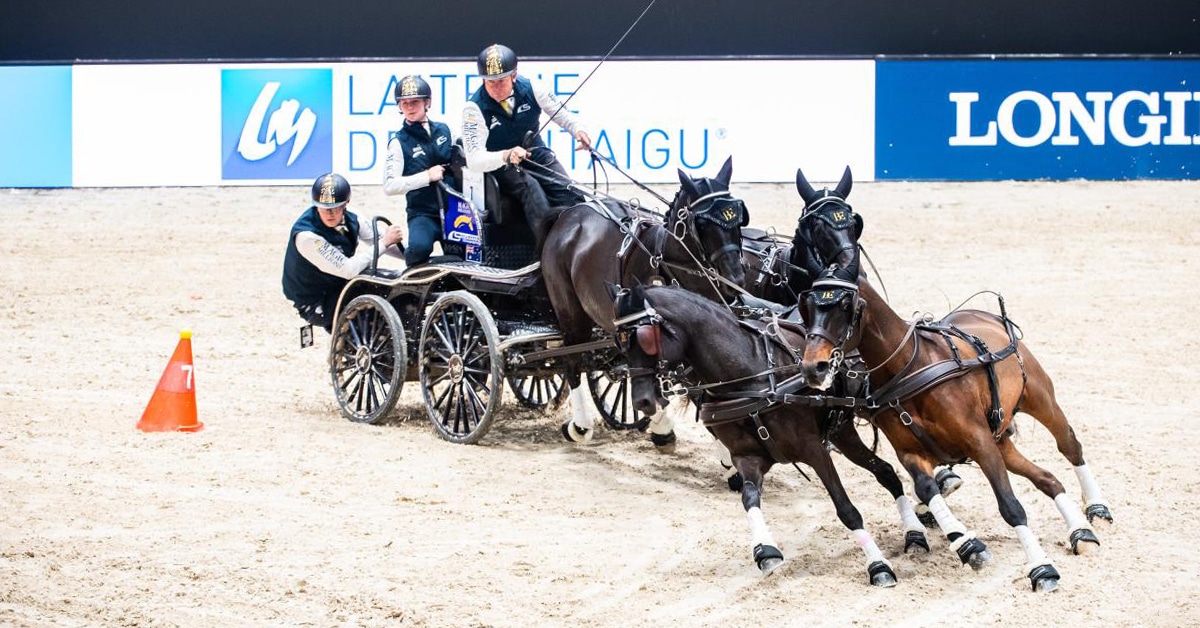Equine Canada and the National Farm Animal Care Council (NFACC) are pleased to announce the launch of the public comment period on the draft Code of Practice for the Care and Handling of Equines. The draft Code can be viewed and submissions made at www.nfacc.ca/codes-of-practice/equine until February 14, 2013. All stakeholders are encouraged to provide input to ensure that this Code reflects a common understanding of equine care expectations and recommended practices in Canada.
A Scientists’ Committee report summarizing research on priority welfare topics for equines can be found online alongside the draft Code. This peer-reviewed report aided the discussions of the Code Development Committee as they prepared the draft Code of Practice.
“I’m proud of the collaborative effort committee members have shown since we began our work in early 2011,” says Jack de Wit, Director with the Equine Canada Board of Directors and Chair of the Code Development Committee. “The next step is opening the draft Code to input from the public. With the public’s help we will have a Code that is good for owners and the animals in their care.”
“As an equine veterinarian and horse owner, it’s a pleasure to participate in a Code process that provides an opportunity to advance the welfare of equines across our diverse industry,” says Dr. Bettina Bobsien, Canadian Federation of Humane Societies representative on the Code Development Committee. “It is important that this Code reflect the best practices available for the welfare of horses, donkeys and mules.”
Anyone can provide comments and suggestions on the Code; all submissions must be made through the online system and follow the instructions provided at www.nfacc.ca/codes-of-practice/equine.
The equine Code revision is led by an 18-person Code Development Committee, which includes participants from across Canada representing the diversity of the industry. Members include horse owners, caregivers, animal welfare and enforcement representatives, researchers, veterinarians and government representatives. The Scientists’ Committee includes researchers with expertise in equine behaviour, health and welfare. The final equine Code of Practice will be released in June 2013. More information on the Code development process is available at www.nfacc.ca/codes-of-practice/equine.
The equine Code is one of eight Codes of Practice currently under revision as part of a multi-year NFACC project. Codes of Practice serve as our national understanding of animal care requirements and recommended practices. It is important Codes be scientifically informed, practical and reflect societal expectations for responsible farm animal care. The Codes cover housing, feed and water, handling, euthanasia, transport and other important management practices.
Funding for the Codes of Practice is provided by Agriculture and Agri-Food Canada’s Agricultural Flexibility Fund, under the Addressing Domestic and International Market Expectations Relative to Farm Animal Welfare initiative, as part of Canada’s Economic Action Plan.
More News








